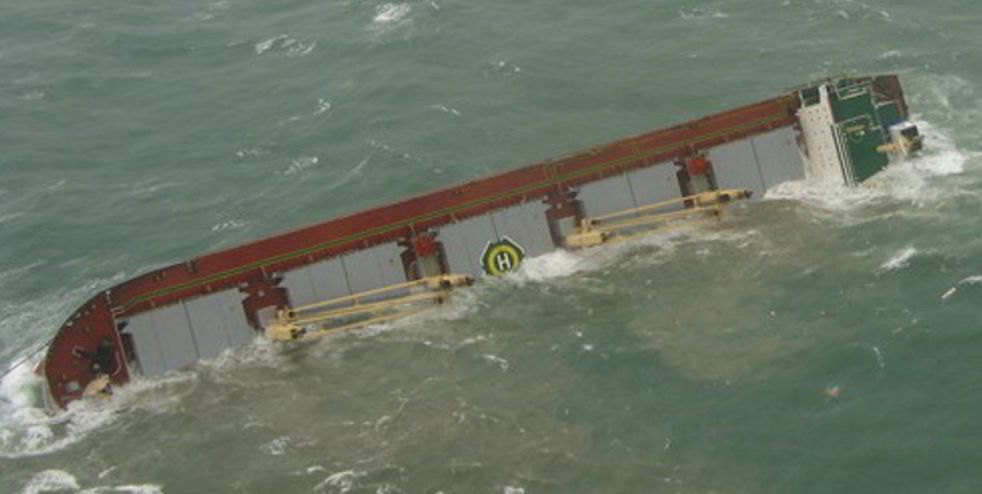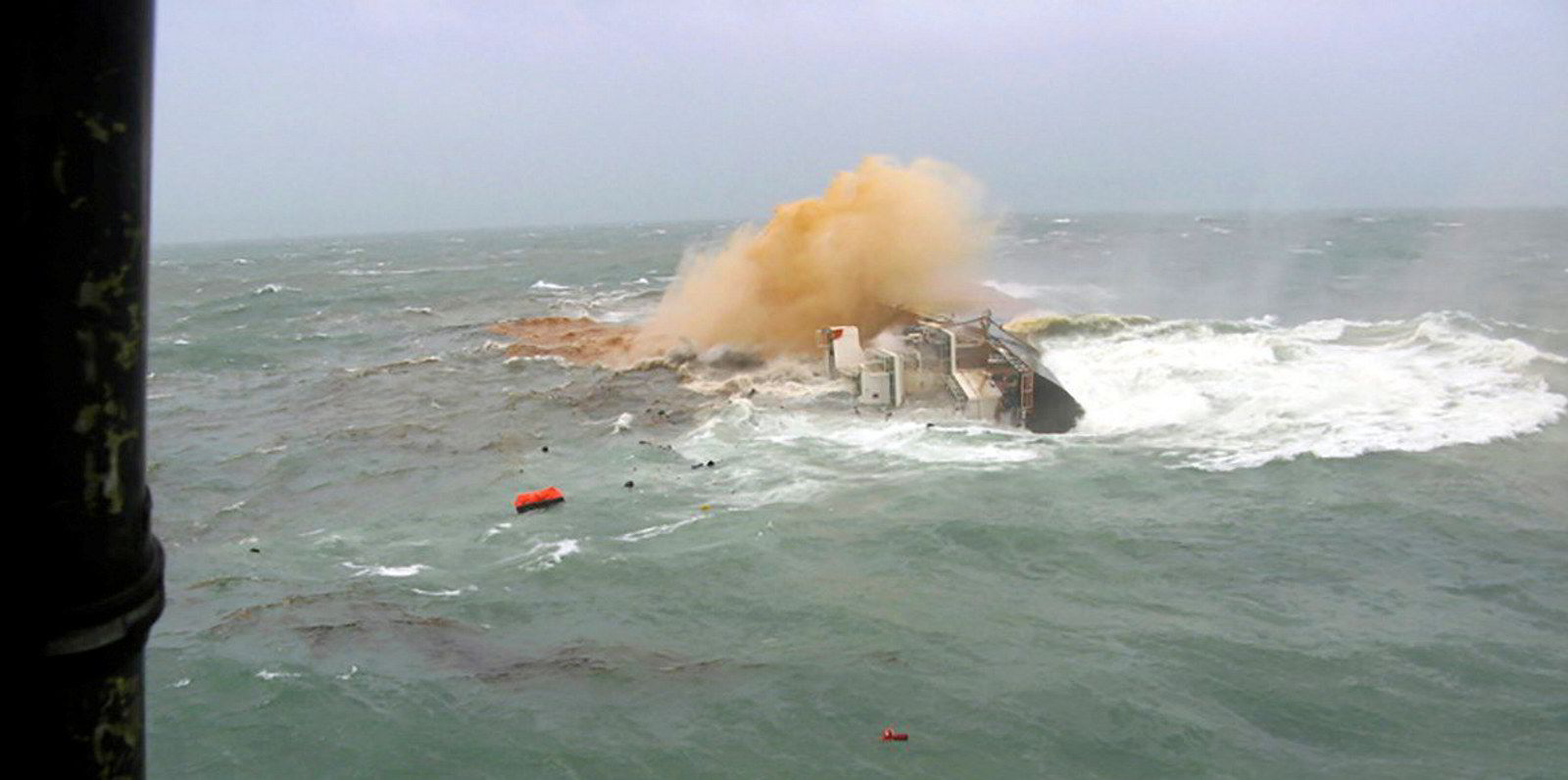The West of England P&I club has warned bulker owners their cover could be "prejudiced" if they do not let the insurer know they are lifting potentially dangerous cargoes in Sierra Leone.
The International Group of P&I Clubs alerted owners in September that shipments of iron-ore fines could pose a liquefaction risk to ships if loaded at the port of Pepel.
West of England underwriting director Simon Parrott has said in a notice to members that notifications are now mandatory.
He said it remains the responsibility of the member to ensure full compliance with the International Maritime Solid Bulk Cargoes Code and to take any measures necessary to ensure the safe carriage of iron-ore fines from Pepel.
"Members who plan to fix or charter a ship to load iron-ore fines from this port, or where under an existing fixture a ship is ordered to load such cargo, must contact the managers at the earliest opportunity," Parrott added.
The club wants to know the vessel name and the estimated time of arrival, as well as the charterer's or shipper's details.
Owners must also provide the agent's name and a copy of the cargo declaration and supporting certificates.
All this is aimed at letting the club advise shipping companies how best to reduce the risk to their bulkers.
Measures could include the appointment of a local surveyor to assist the master, the testing of cargo samples by a reliable independent laboratory and the appointment of an expert to liaise with and supervise the local surveyor throughout.
Cover could be 'prejudiced'

"Members should be aware that they may be prejudicing club cover if they fail to notify the managers that they plan to fix or charter a ship, or that a ship has been ordered, to load iron-ore fines from Pepel, Sierra Leone," Parrott emphasised.
The International Group said last month that some cargoes of iron-ore fines intended for shipment from the port of Pepel have been stockpiled outdoors uncovered for a prolonged period, posing a particular risk of liquefaction during the wet season.
The insurers also said they believed some cargoes intended for shipment from Pepel have previously been considered too low grade for export and have again been left in uncovered stockpiles for long periods.
The insurers believe these are now being blended with higher grade materials for export.
Dry bulk industry association Intercargo said last year that 39 bulkers with 173 seafarers were lost over the previous decade.
Cargo shift and liquefaction was cited as one of the greatest concerns.
Suspected cargo failure was the likely cause of eight bulker casualties that led to 106 seafarers losing their lives between 2010 and 2019.
Owners have been warned it is normal for the upper surfaces of any stockpiled material to appear relatively dry during the dry season, but to be wet at increasing depths.
Shippers have been advised to carefully monitor, identify and separate materials that require stockpiling and draining.






